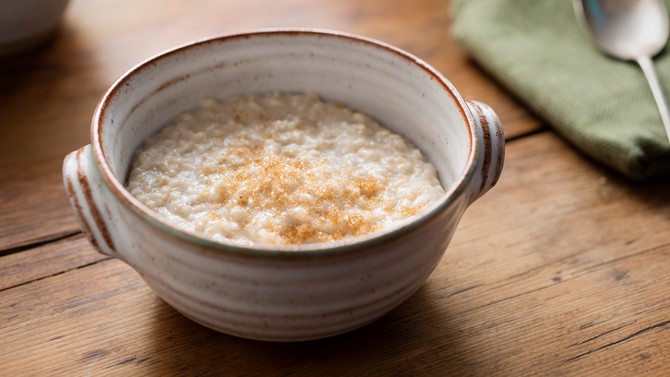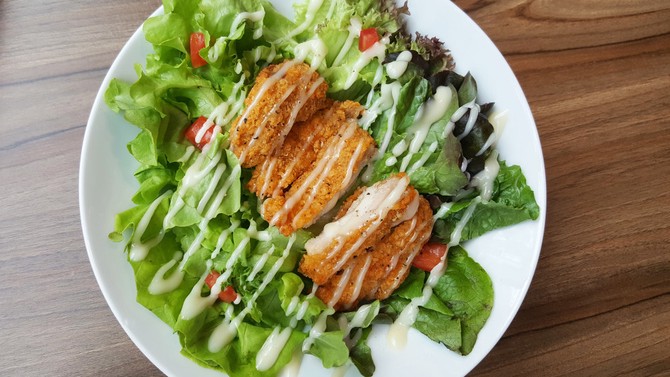The Foods (and Drink) That Are Sapping Your Energy
Cut back on some of these convenient, seemingly healthy foods, and you just may notice you're feeling a lot more bright-eyed and bushy-tailed.
By Lynn Andriani

Photo: iStock
The Ingredient That Revs You Up (and Then Brings You Down)
From instant oatmeal to vanilla almond milk, added sugars are ubiquitous in processed foods and drinks, and can cause weight gain, heart disease, diabetes, high blood pressure and more. Here's why they ultimately leave you feeling drained, though: They cause your blood sugar to spike, and then, just as quickly, drop. If you can replace these high-sugar foods with ones that your body processes more slowly, you won't get those spikes and you'll see an improvement in your energy levels, says Lisa Cimperman, RD, a former spokesperson for the Academy of Nutrition and Dietetics. You know the drill, but it bears repeating: Whole grains, fruits and vegetables, and lean proteins are all good options.

Photo: iStock
Your Low-Cal Lunch
Salad for lunch sounds like a great idea—as long as it's not just a helping of iceberg lettuce, some shaved carrots and ranch dressing. Elisabetta Politi, RD, MPH, Nutrition Director at the Duke Diet and Fitness Center in Durham, North Carolina, says eating a bowl full of veggies that's low on protein and carbs probably isn't giving you enough calories to power you through the rest of your day. "If you're eating a 200-calorie pile of broccoli and lettuce, it's no wonder you feel hungry and tired at 4 p.m.," Politi says. Instead, bulk up your salad with chicken, chickpeas, quinoa or edamame, for slow-burning energy. And, as mentioned earlier, beware of sugary salad dressings, such as honey mustard and raspberry vinaigrette. Olive oil and vinegar are a better choice.

Photo: iStock
Dairy-Rich Snacks
Some people develop intolerances to the proteins in dairy (casein and whey) as they get older—and if you're noticing a lack of energy after eating yogurt or cheese, a dairy intolerance could be the culprit. "At least 50 to 60 percent of my patients complain of fatigue, and I would estimate that 20 to 30 percent of those people feel better off dairy," says Lyla Blake-Gumbs, MD, from the Center for Integrative Medicine at the Cleveland Clinic. (Blake-Gumbs says it may be because our bodies mistakenly develop an immunological reaction to the proteins, building an army of antibodies to mobilize against the proteins whenever they show up, resulting in fatigue.)

Photo: iStock
More Than One Wind-Down Drink
Sure, having a glass of wine in the evening can help you fall asleep more quickly. But drink more, and you may sleep fitfully and wake up feeling not quite rested. A review of 20 studies found that imbibing too much can interrupt REM sleep, which is vital for concentration. Another reason for women to reconsider a second glass of wine: A 2011 study found that women are more likely than men to toss and turn after too many drinks.
Published 07/30/2018

